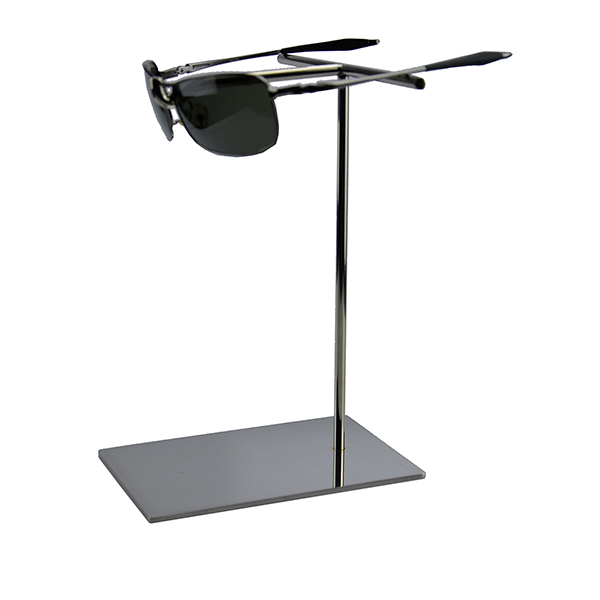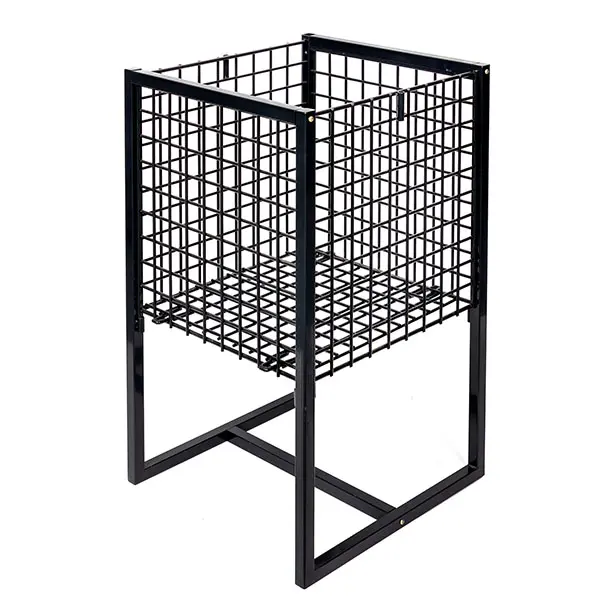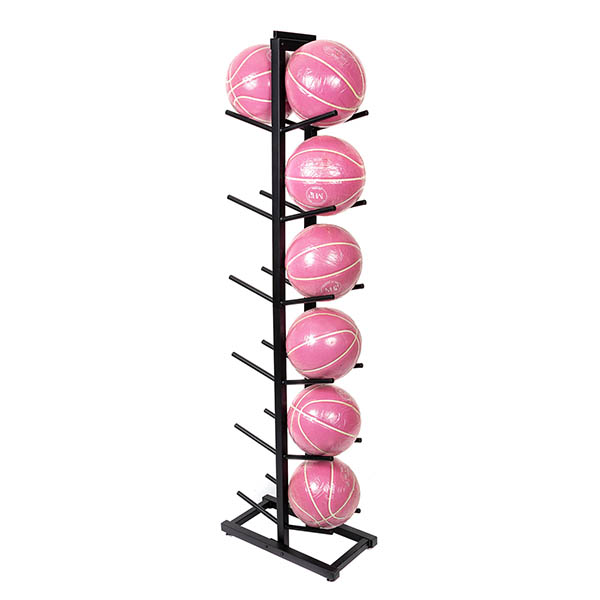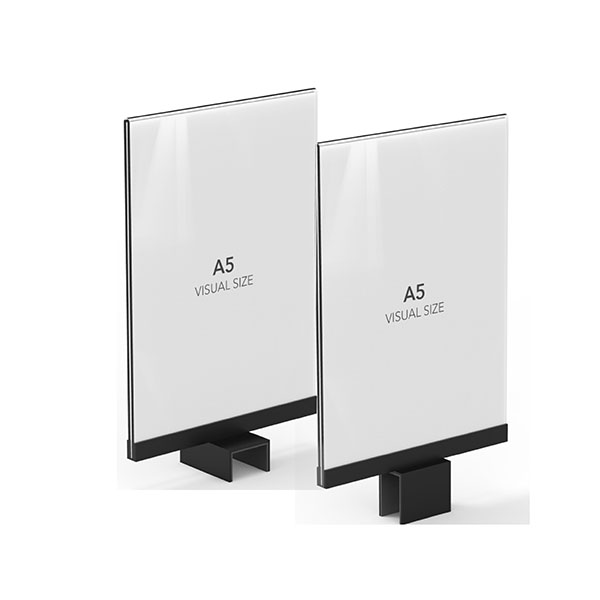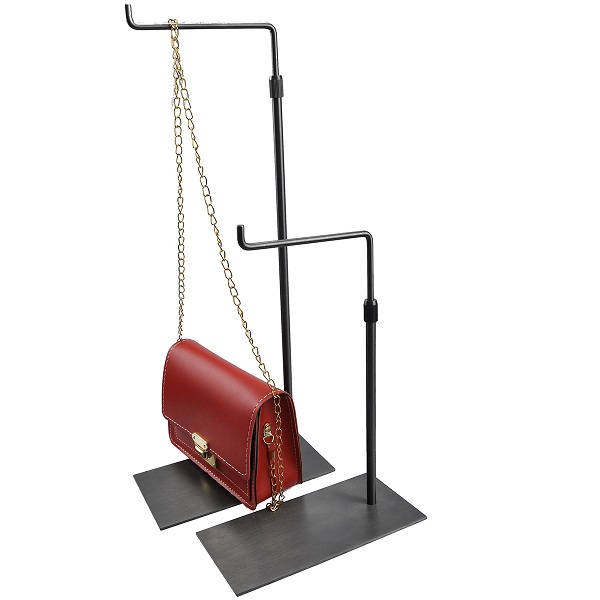What is the Display Stand for the Retail Industry?
In the industry of retail, presentation is the most significant thing that plays a pivotal role in showcasing products to consumers. But what exactly is a retail display stand? Let's dive into its definition, scope, and various classifications to understand its significance in the retail industry.
Definition
The retail display stand, also known as POP (point-of-purchase) display or POS (point-of-sale) display, is a fixture used in retail stores to present and promote merchandise. These stands are strategically placed in locations where they can attract the maximum attention of shoppers, such as near the checkout counters, at the ends of aisles, or in prominent areas within the store.
Scope
Retail display stands serve multiple purposes:
- Attract Attention: Eye-catching displays can draw customers' attention to new or promotional products.
- Enhance Visibility: By elevating products and making them more accessible, display stands increase the visibility of the displayed items.
- Encourage Impulse Buying: Strategically placed POP displays and POS displays can encourage impulse purchases, especially near checkout areas.
- Branding and Messaging: They provide a platform for branding and conveying marketing messages, often incorporating company logos, colors, and themes.
- Organization: They help in organizing products efficiently, making it easier for customers to browse and find what they need.
Classifications
Retail display stands come in various forms, each serving different purposes. Here are some common types:
- Floor Displays: These are free-standing units placed on the sales floor. The floor-standing stands are often used for larger items or bulk products and can be easily moved around to different locations within the store.
- Counter Displays: Positioned on countertops, these displays are typically smaller and designed for products like snacks, cosmetics, or small electronics, which are suited to display on the tables. They are perfect for last-minute, impulse purchases.
- Endcap Displays: Located at the end of aisles, endcap displays are highly visible and used to promote featured or seasonal products. They often include a mix of shelving and POP signage.
- Pallet Displays: Often used in warehouse-style stores, pallet displays are large, sturdy stands that can hold bulk items. They are designed to be forklift-compatible for easy placement and movement. Commonly found in Sam's Club and Costco.
- Dump Bins: These are large, open-top containers used for loose items like discounted products or small toys. They encourage customers to browse through and pick out items.
- Interactive Displays: Incorporating technology, these displays engage customers through interactive screens, digital signage, or augmented reality. They are particularly effective for showcasing tech products or providing detailed product information.
- Shelf Talkers: Attached to the edges of shelves, shelf talkers are smaller displays that highlight specific products, often with price tags or promotional messages.
- Window Displays: Positioned in storefront windows, these displays attract passersby and entice them to enter the store. They are crucial for visual merchandising and creating a strong first impression.
Conclusion
Retail display stands are indispensable tools in the retail industry, enhancing the shopping experience for customers while driving sales for retailers. From simple floor displays to sophisticated interactive units, all these stands come in various shapes and sizes, each designed to meet specific merchandising needs. By effectively utilizing retail display stands, businesses can significantly improve product visibility, attract more customers, and ultimately boost their bottom line.
Related Posts

